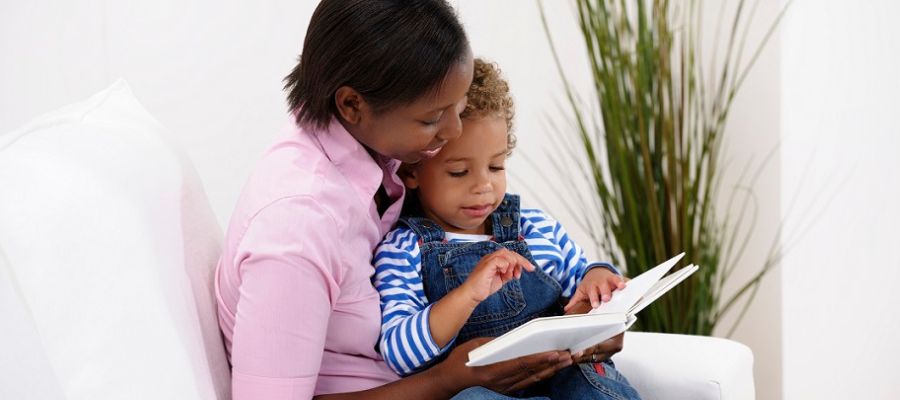In recent decades, the rate of incarcerated women has grown twice as fast as that of men — yet resources to support their reentry are limited, and there is often a lack of gender-responsive services available to address the unique challenges women face when returning to their communities and finding work.
Women in state prisons are more likely than men to be incarcerated for a drug or property offense. In fact, 25% of women in prison have been convicted of a drug offense (compared to 12% of men in prison) and 19% of incarcerated women have been convicted of a property crime (compared to 13% among incarcerated men).
Programs that address substance use, mental health issues, and provide parenting education are crucial for mothers releasing from prison. Studies show that access to sufficient and quality rehabilitation services and a combination of formal and informal supports offer the opportunity to achieve recovery more quickly and with less turmoil.
Program Highlights
Our gender-responsive housing and programming for women returning from prison provides safe, stable housing and tailored support services that address their unique needs, including trauma-informed care, family reunification, employment assistance, and mental health resources.
These programs create a nurturing environment that empowers women to rebuild their lives, reduce recidivism, and achieve long-term stability.
Upon release, clients are provided with immediate housing and paired with a roommate, fostering a supportive community that is especially vital for women’s well-being and successful reintegration.
Our on-site family reunification unit provides a safe, welcoming space for women and their children to reconnect through meaningful visits. Designed to strengthen family bonds, the unit offers opportunities for shared activities like reading, playing games, cooking, and gardening in our newly established therapeutic garden.

What to Expect
The Foundations First Housing for Women Program offers access to various support services. These program offerings build upon the foundation of a safe, stable place to live, and are focused on achieving physical, mental and emotional wellness for a healthy, sustainable future.
Clients of the Foundations First Program can choose from weekday, evening, and weekend group sessions that focus on shared experiences, healthy coping strategies, life skills, and recovery. Led by peers with lived experience, these groups create a safe and supportive space for connection and growth.
Every client enrolled in the Foundations First Program is assigned a case manager who helps develop an individualized care plan—a personalized roadmap outlining goals and strategies for success. Clients may also request individual therapy sessions with our Licensed Professional Counselor, and on-site nursing services provided by an RN support their journey toward improved physical health.
Women seeking reunification with their minor children have access to a dedicated on-site space for safe and meaningful visits. Case managers coordinate these visits in collaboration with involved agencies or the children’s caregivers to support family connections.
Program Eligibility
Please review the following criteria for eligibility in our Foundations First Housing for Women program.
- Eligible applicants must identify as female with a history of incarceration and must be released under supervision with Probation & Parole (no completed sentences or 12/12).
- Referrals must come from IPOs, case workers, or other prison staff.
- Candidates must have medical and mental health scores of M1/MH1 or M2/MH2, no parole violations on their current sentence, and no significant history of multiple parole or probation violations.
- They cannot have approved or pending home plans outside Missouri, outstanding warrants, detainers, or pending cases.
- Applicants must demonstrate good institutional adjustment, including participation in programming and employment while incarcerated, with few to no conduct violations in the last three years.
- A Board-approved release date within six months is required, with preference given to those closer to release.
- Additionally, they must have been free from all illicit substances for at least six months.

Reach Out to Stephanie Moore
Director of Reentry Programsstefaniem@cjmstlouis.org(314) 878-3482If you’re interested in learning more about Foundations First for Women, call or email our Reentry Director.